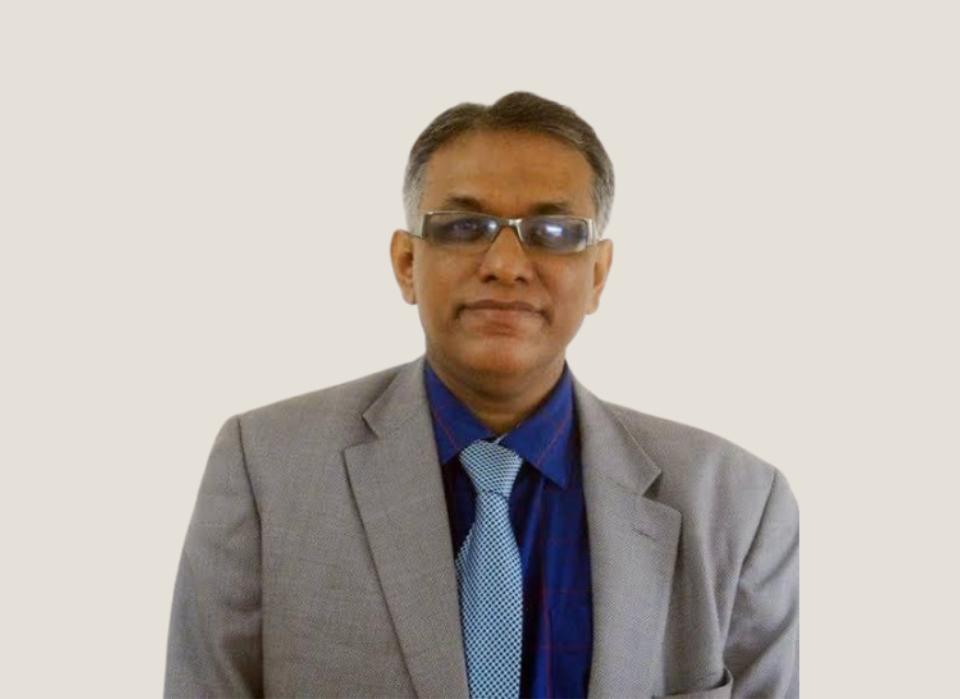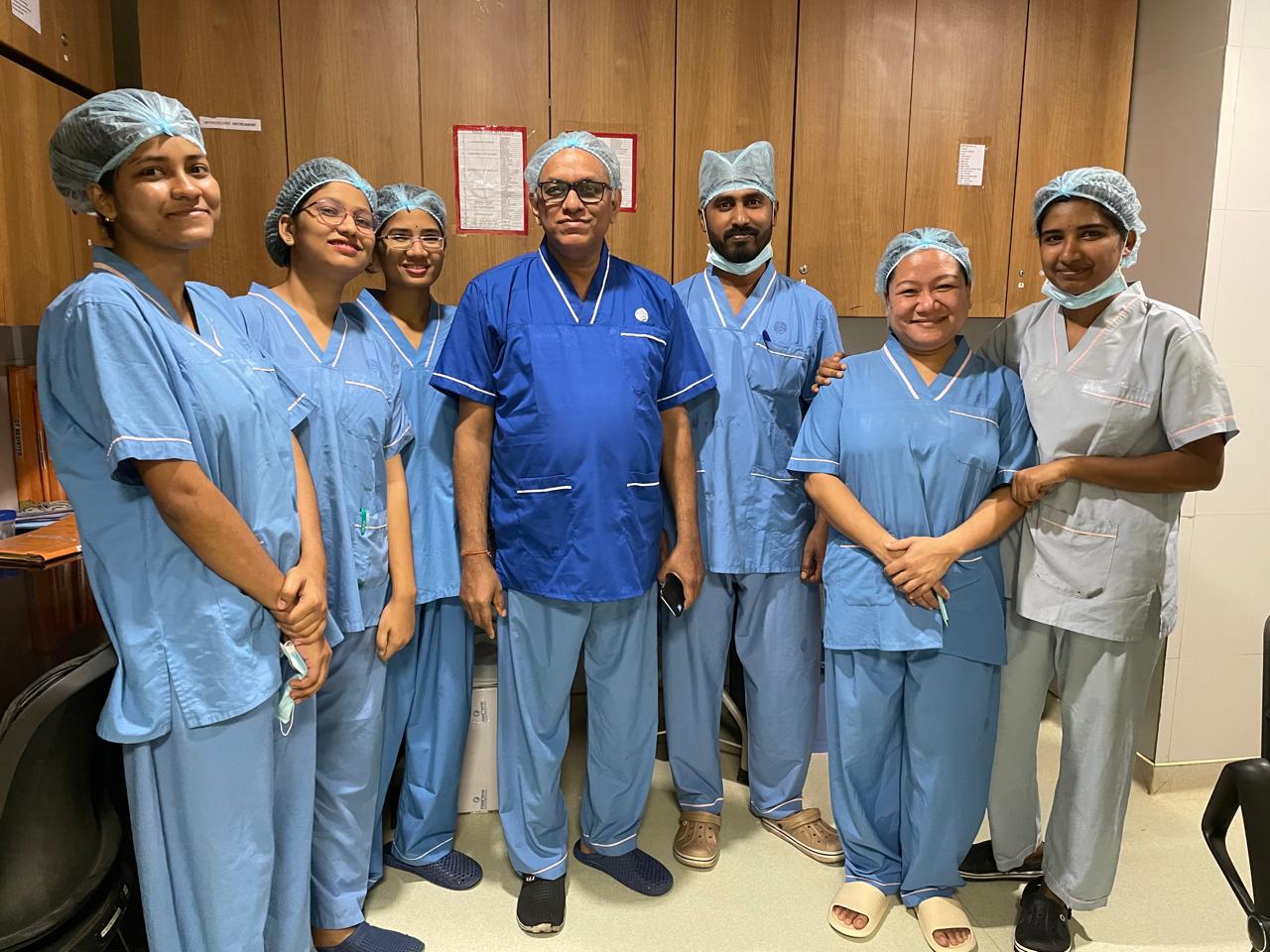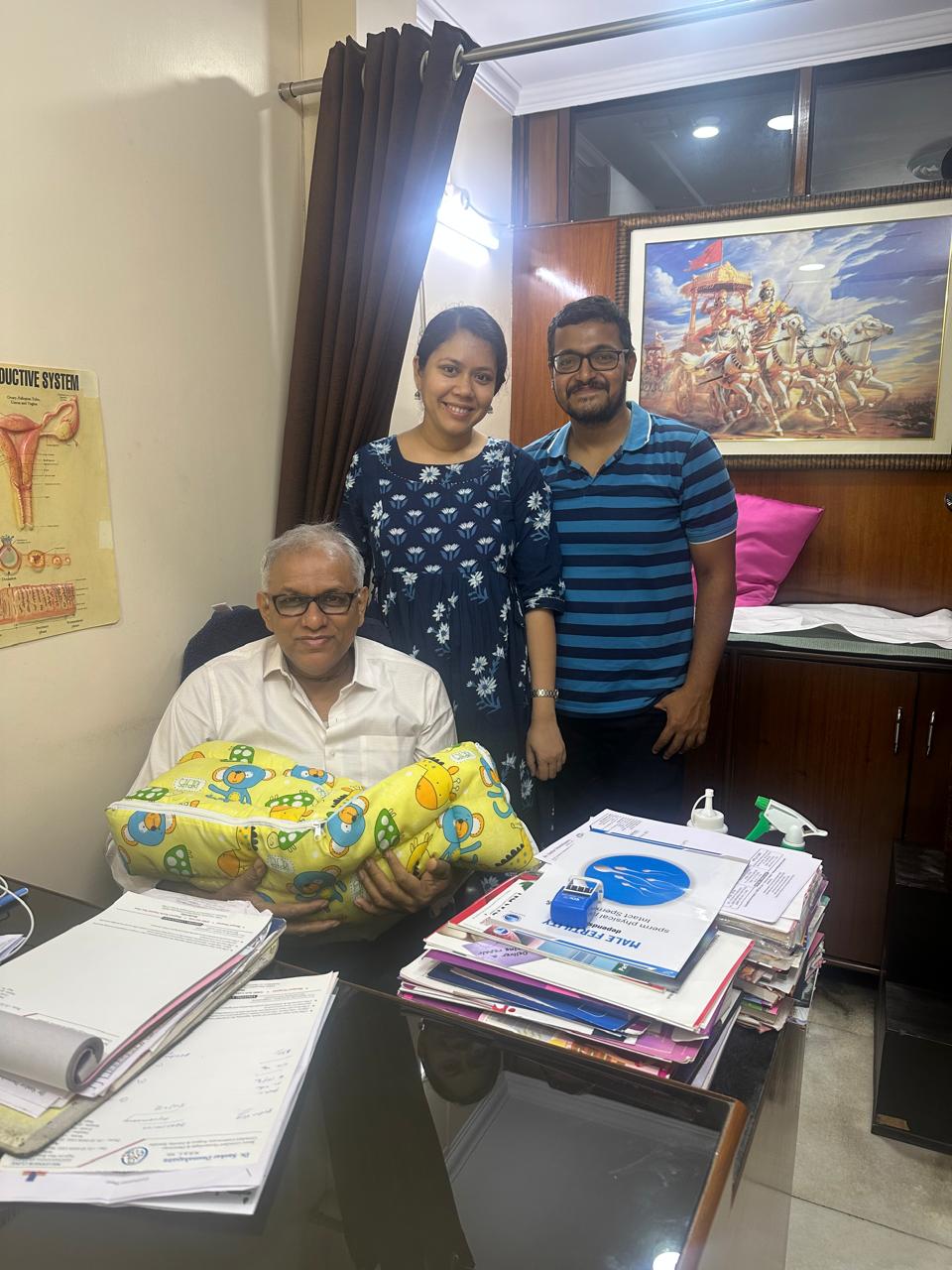
Best Adenomyosis Treatment in India – Dr. Sankar Dasmahapatra
Adenomyosis is one of the lesser-known gynecological conditions that silently affects millions of women in their reproductive years. The symptoms — heavy menstrual bleeding, severe cramps, chronic pelvic pain, and bloating — often go unnoticed or are mistaken for common menstrual discomfort. However, untreated adenomyosis can significantly impact a woman’s quality of life and even her fertility.
With advancements in medical science, effective treatments are now available to manage and even cure this condition. Among the leading specialists offering the best Adenomyosis treatment in India, Dr. Sankar Dasmahapatra, a senior gynecologist and laparoscopic surgeon in Kolkata, has earned an outstanding reputation for his skill, precision, and compassionate care.
Understanding Adenomyosis: What Happens Inside the Uterus
Adenomyosis occurs when the endometrial tissue (the lining of the uterus that sheds during menstruation) grows into the muscular wall of the uterus, known as the myometrium. This abnormal growth causes the uterus to enlarge and become tender, leading to painful and heavy periods.

Unlike fibroids or endometriosis, adenomyosis is confined within the uterus but can cause equally distressing symptoms. The condition is most commonly found in women aged 35–50, especially those who have had children.
Common symptoms of adenomyosis include:
Intense menstrual cramps (dysmenorrhea)
Heavy or prolonged menstrual bleeding
Chronic pelvic pain or pressure
Pain during intercourse
Abdominal bloating or swelling
Fertility issues or recurrent miscarriages
While these symptoms may vary in intensity, they can severely affect daily activities, emotional well-being, and reproductive health.
Causes and Risk Factors
The exact cause of adenomyosis remains unclear, but several factors may contribute to its development:
Hormonal fluctuations: Estrogen and progesterone imbalances may trigger endometrial growth into the uterine wall.
Childbirth and uterine trauma: Women who have had cesarean deliveries or uterine surgeries are more prone to adenomyosis.
Age: Most cases occur in women aged 35 and older.
Inflammation of the uterus: Chronic uterine inflammation may promote abnormal tissue growth.
Identifying these risk factors early helps in timely diagnosis and intervention — something Dr. Dasmahapatra emphasizes in every consultation.

Accurate Diagnosis: The Key to Effective Treatment
Because the symptoms of adenomyosis resemble those of fibroids or endometriosis, diagnosis can be challenging. Dr. Sankar Dasmahapatra follows a meticulous diagnostic process to ensure accuracy.
His diagnostic methods include:
Detailed medical history and physical examination: Understanding menstrual patterns, pain severity, and fertility concerns.
Ultrasound (2D/3D and transvaginal): To assess uterine size, wall thickness, and structural changes.
MRI Scan: Provides a clear image of the uterine wall to distinguish adenomyosis from fibroids or other uterine disorders.
Hysteroscopy (if needed): Allows direct visualization of the uterine cavity for better assessment.
This comprehensive evaluation ensures that patients receive the most suitable and effective treatment plan.
Personalized Treatment Approach by Dr. Sankar Dasmahapatra
Dr. Dasmahapatra’s philosophy in treating adenomyosis centers around individualized care. Every woman’s condition, age, fertility goals, and symptom severity are carefully considered before suggesting a treatment plan.
1. Non-Surgical and Conservative Treatments
For women with mild or moderate symptoms, or those wishing to preserve fertility, conservative management may be effective. These include:
Hormonal Therapy:
Medications like oral contraceptives, gonadotropin-releasing hormone (GnRH) analogs, or progesterone-releasing IUDs (like Mirena) help regulate hormonal imbalances and reduce heavy bleeding.Pain Management:
Anti-inflammatory medicines and dietary modifications help control pelvic pain and menstrual cramps.Endometrial Ablation:
A minimally invasive procedure to remove or destroy the uterine lining, reducing excessive bleeding without major surgery.
Dr. Dasmahapatra also focuses on lifestyle counseling — recommending a balanced diet, exercise, and stress management to improve overall hormonal health.
2. Minimally Invasive Laparoscopic Surgery for Adenomyosis
When conservative treatments fail to provide relief or when adenomyosis is severe, surgical treatment becomes necessary.
Dr. Dasmahapatra specializes in advanced laparoscopic surgery, offering precision and faster recovery with minimal pain and scarring.
The surgical options include:
Laparoscopic Adenomyomectomy:
In this fertility-preserving surgery, the adenomyotic tissue is carefully excised while keeping the uterus intact. It’s ideal for women who wish to conceive in the future. Dr. Dasmahapatra’s meticulous surgical technique ensures maximum tissue removal with minimal uterine trauma.Laparoscopic Hysterectomy:
For patients with extensive adenomyosis or who have completed childbearing, laparoscopic hysterectomy offers a permanent solution. The uterus is removed through tiny incisions, ensuring less blood loss, minimal postoperative pain, and a quick return to normal activities.
Both these procedures are performed using state-of-the-art laparoscopic technology, ensuring shorter hospital stays, reduced complications, and faster recovery.
Fertility and Adenomyosis: Hope for Motherhood
Adenomyosis is often linked with infertility due to changes in the uterine wall that affect embryo implantation. However, with early diagnosis and expert surgical intervention, many women can still conceive successfully.

Dr. Dasmahapatra has helped numerous patients achieve pregnancy after laparoscopic adenomyosis surgery. His focus on fertility-preserving treatments and collaboration with fertility specialists make him one of the most sought-after doctors for women struggling with both adenomyosis and infertility.
He also provides post-surgical fertility guidance, ensuring optimal recovery and preparation for conception.
Why Dr. Sankar Dasmahapatra is Known for the Best Adenomyosis Treatment in India
Dr. Dasmahapatra’s unmatched expertise, compassionate approach, and use of cutting-edge technology have established him as a leader in gynecological care.
Key reasons why patients trust him:
Over 30 years of experience in gynecology and laparoscopic surgery.
Expert in advanced laparoscopic techniques like hysterectomy, myomectomy, and endometriosis surgery.
Focus on fertility preservation whenever possible.
High success rate in managing complex gynecological conditions.
Personalized care and clear communication throughout the treatment journey.
Treatment for a wide range of conditions: adenomyosis, fibroids, ovarian cysts, endometriosis, infertility, and high-risk pregnancies.
Dr. Dasmahapatra has not only treated patients from across India but also from abroad, making his clinic a trusted destination for the best Adenomyosis treatment in India.
Patient-Centered Care and Postoperative Support
What truly sets Dr. Dasmahapatra apart is his patient-first approach. From the first consultation to postoperative care, he ensures that every patient feels informed, supported, and confident.
His team provides:
Comprehensive pre-surgery counseling
Detailed postoperative care and follow-up
Emotional and psychological support
Nutritional guidance for faster recovery
Such holistic care ensures patients heal not only physically but also emotionally — restoring their health, comfort, and confidence.
Dr. Sankar Dasmahapatra practices at some of Kolkata’s most reputed hospitals, equipped with world-class laparoscopic and diagnostic facilities. His consultation chambers are designed to provide comfort, privacy, and personalized attention to every patient.
Whether you are from Kolkata, another part of India, or overseas, you can trust Dr. Dasmahapatra’s experience and surgical expertise for the best Adenomyosis treatment in India.
Dr. Sankar Dasmahapatra is available at several reputed hospitals and fertility centers across Kolkata.

 (+91) 87776 13551 / (+91) 92306 16647 / (+91) 98300 78757
(+91) 87776 13551 / (+91) 92306 16647 / (+91) 98300 78757 WhatsApp: 98300 78757
WhatsApp: 98300 78757